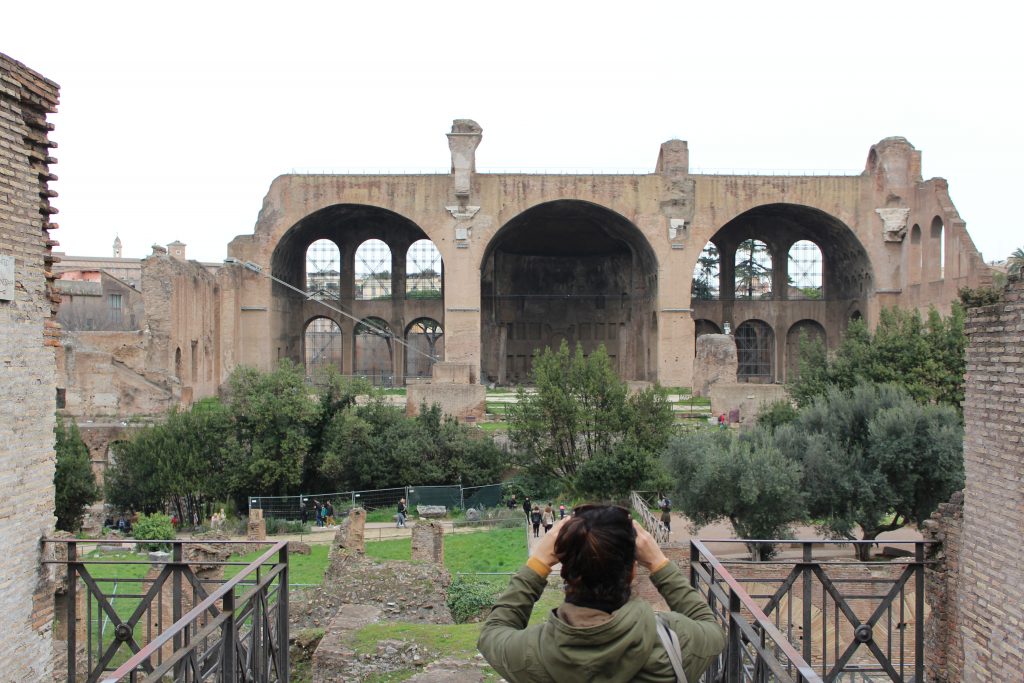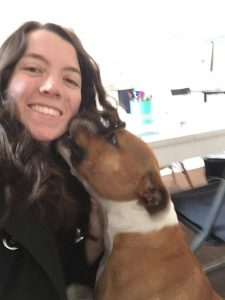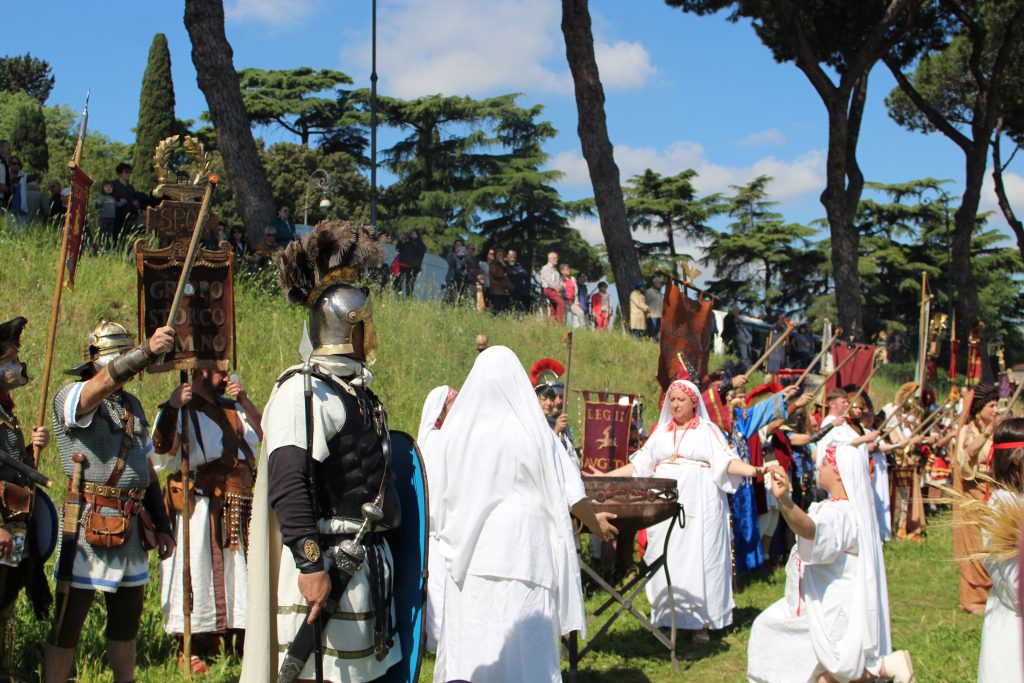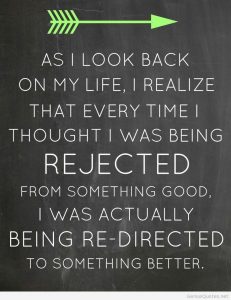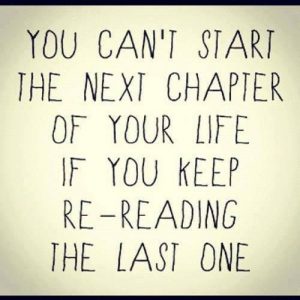By Rourke Mullins, Hope College Senior
Here it is, you’re 18 years old and the moment has come when you are asked (a lot) to answer one of the most important questions of your young life so far: “Where are you going to college?”
It can be daunting question. For me, it created a pit in my stomach. I didn’t know how to navigate my way through this new feeling and the endless amounts of college mail my mom would throw on my desk. I know I am not alone in this. You may be feeling this way too. So, the question really is: How do we answer a question that carries more weight than most of us have ever dealt with before?
Well, to be honest, I actually swung and missed at my first try on this one. I had decided to attend another university for all of the wrong reasons. I choose it because, in reality, it was a cop-out. It was a choice that had the lowest amount of risk and a choice that revolved around things that did not matter. I quickly realized this and had to force myself back to square one and ask again, “Where am I going to college?” This time, the once impossible and scary question now seemed so clear. I am going to go home, I decided. But not back where I grew up home but to a place where I feel at home. When I thought in this way, that’s the moment when my college decision changed for me.
First, I made a list of all the reasons why I loved home. Some of them were comfort, peace, and the feeling of being wanted. I took on my new college search with clear eyes and a heart that was looking for this new home that I was so hungry for. By the grace of God, I was led to this small liberal arts college in West Michigan called Hope. It is a place where you walk down the street and are able to say hi to your friends, or complete strangers; a place where you can get incredible coffee and have conversations that will change your life forever; and, a place that holds you close during dark times and celebrates good times. It’s a place that I now call home. A place where I feel comfort, peace, and the feeling of being wanted.
Here I am 3 years later looking back on my experience and what a journey it has been. So if you are in the place that I was in, scared by the thought of where you will attend college, I encourage you to change your perspective. Allow yourself to look at colleges not as a place you will be leaving your home to go to, but as a place where your next home will be. For me, I have found a home in Hope.


 Throughout the weeks of June and July, the halls of Schaap Science Center bubbled with activity as hundreds of children excitedly chattered about newfound lessons as they clutched goodie bags full of goofy but cool science projects. This summer marked the 20th year of Hope College’s annual
Throughout the weeks of June and July, the halls of Schaap Science Center bubbled with activity as hundreds of children excitedly chattered about newfound lessons as they clutched goodie bags full of goofy but cool science projects. This summer marked the 20th year of Hope College’s annual 

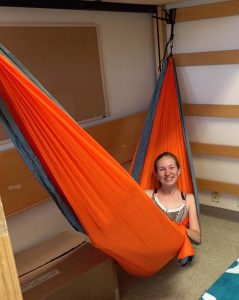 hard at work on campus, doing things like studying the brain tissue of rats and running Western blots. (Yeah, I had to
hard at work on campus, doing things like studying the brain tissue of rats and running Western blots. (Yeah, I had to 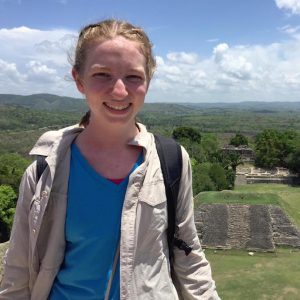 same thing.”
same thing.”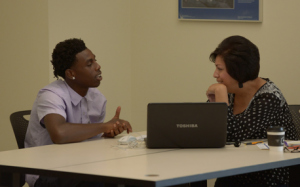 follow), you are required to again meet with your professor and go through the classes you’re planning on taking for the following semester.
follow), you are required to again meet with your professor and go through the classes you’re planning on taking for the following semester.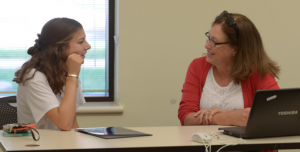 Your advisor is the person who can help you with just about anything and everything. They’re there for you and they want to help you, and watch you succeed. They can help you figure out what classes would be best for you and help you find internships and summer jobs. They can be excellent references on resumes, and a great source of guidance.
Your advisor is the person who can help you with just about anything and everything. They’re there for you and they want to help you, and watch you succeed. They can help you figure out what classes would be best for you and help you find internships and summer jobs. They can be excellent references on resumes, and a great source of guidance. 